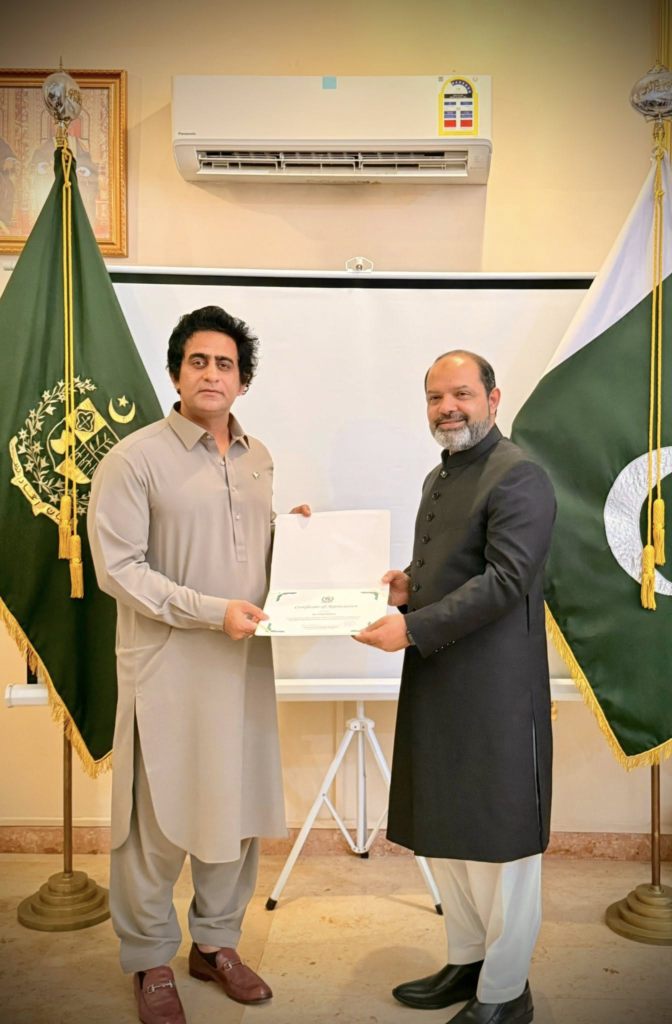The Gulf Cooperation Council (GCC) has long been a hub for expatriates seeking better economic prospects. However, foreign residents from lower-ranked passport countries—such as Pakistan, Bangladesh, Afghanistan, Nepal, and Sri Lanka—face significant challenges due to their limited travel freedom and precarious residential status. Many of these individuals seek second passports to improve their legal standing and security within the region, hoping to escape the constraints imposed by their nationalities.
This article explores the obstacles faced by expatriates with weak passports, the future risks they may encounter, the benefits of obtaining a second passport, and the exploitation by private visa and immigration firms. Furthermore, we examine how business leaders, embassies, and credible entrepreneurs can contribute to resolving this pressing issue and ensuring a more structured and ethical migration process.

Challenges Faced by Foreign Residents in the GCC with Weak Passports
Expatriates from developing nations in the GCC experience numerous difficulties, including:
Limited Residency Rights: Many workers depend on temporary work visas, leaving them vulnerable to deportation, job insecurity, and frequent visa renewals.
Restricted Travel Opportunities: Weak passports limit their ability to travel visa-free, complicating business expansion, family reunification, and personal development.
Future Uncertainty: As economic and immigration policies shift, workers from countries with poor-ranked passports may face stricter residency rules, affecting their long-term stability.
Financial and Investment Limitations: Many GCC countries impose restrictions on property ownership and investment rights for expatriates without strong legal status.

The Growing Demand for a Second Passport
To secure a better future, many expatriates seek alternative citizenship through investment migration programs. A second passport from a higher-ranked country offers:
Enhanced Travel Freedom: Visa-free access to more countries enables better business and personal mobility.
Legal Protection and Security: Holding a strong passport reduces the risk of deportation and enhances access to social and financial benefits.
Business and Investment Opportunities: Citizenship in a stable country opens doors for international trade, offshore banking, and secure asset ownership.
Access to Quality Healthcare and Education: Many GCC residents aspire for better healthcare and education options, which a second passport can facilitate.

Mr. Zahid Shakoor’s Initiative to Address the Issue
Recognizing the severity of this issue, esteemed Omani entrepreneur Mr. Zahid Shakoor has taken proactive steps to protect expatriates from fraudulent immigration schemes. After discussions with higher authorities and collaboration with multiple embassies, he has committed to launching a highly credible visa consultancy subsidiary in Oman.
His initiative aims to provide:
- Guidance on Foreign Investments: Helping individuals navigate secure investment options that qualify them for second passports and business migration visas.
- Student and Business Migration Assistance: Offering structured pathways for those seeking educational and business opportunities in first-world countries.
- Transparency and Legal Compliance: Ensuring that all processes adhere to international legal standards and ethical practices.
In his recent interview, Mr. Shakoor emphasized the need for genuine solutions to the increasing demand for second passports, highlighting that structured migration can benefit not only individuals but also the economies of both host and destination countries.

The challenges faced by foreign residents in the GCC with weak passports are complex and multifaceted. While many seek second passports to secure their futures, they often fall victim to fraudulent immigration schemes. Addressing this issue requires a collective effort from business leaders, embassies, and governments to establish ethical, transparent, and structured pathways for legal migration.
Mr. Zahid Shakoor’s visionary approach sets a precedent for responsible migration facilitation. His initiative serves as a model for how reputable entrepreneurs can bridge the gap between legal migration opportunities and the aspirations of millions seeking a better future. By prioritizing integrity, education, and strategic partnerships, such initiatives can ensure that migration serves as a tool for empowerment rather than exploitation.





